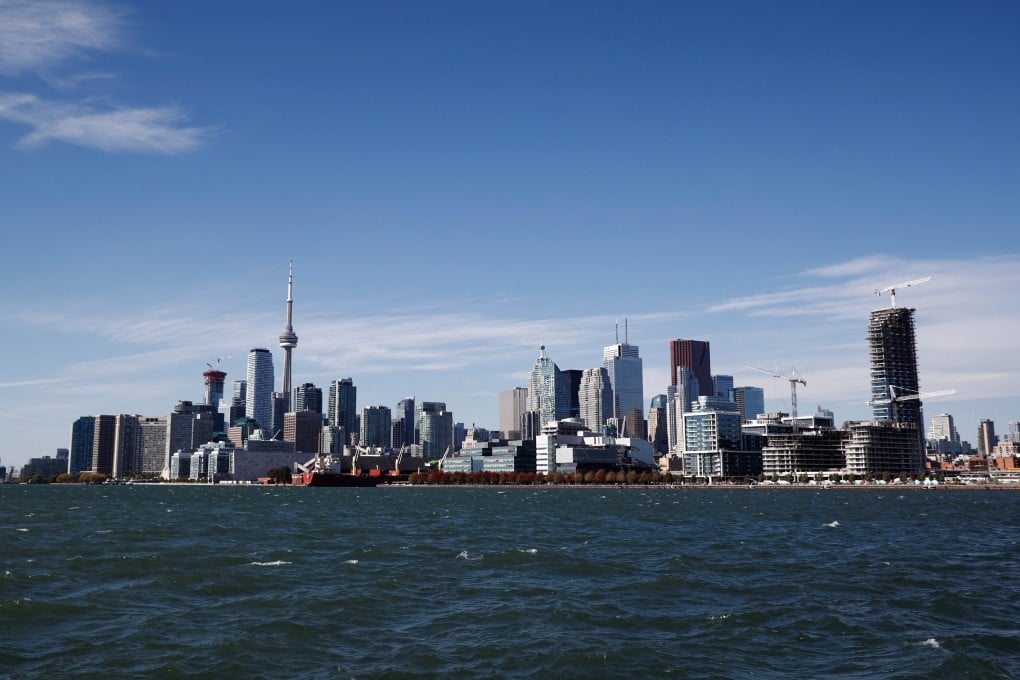Minority communities in Canada’s Quebec slam ‘discriminatory’ secularism law: ‘I feel alienated’
- Opponents of the rule banning public sector employees from wearing religious items at work plan to take their fight to the Supreme Court after a judge refused to quash the law
- ‘I am fighting for my rights as an ordinary Quebecer and a devout Sikh,’ said Amrit Kaur, who was forced to leave her hometown to take up a job in a state-run school

Amrit Kaur, one of multiple petitioners that challenged the secularism legislation introduced in 2019, accused the regional administration of abandoning its residents.
“It felt like a betrayal by the government, who refused to accept its own people,” Kaur said.
“I was suddenly not a Quebecer any more if I wanted to work at any public workplace while wearing my religious symbols,” added the devout Sikh, who dons a turban and the kada (sacred bangle).
The 33-year-old was forced to leave her hometown Montreal, where she lived since her childhood, to take up a teaching job in a state-run school in British Columbia, about 4,000km (2,500 miles) away.

Kaur also said the law, popularly known as Bill 21, made her feel “alienated” in the French-speaking region that has a population of 8.5 million people.